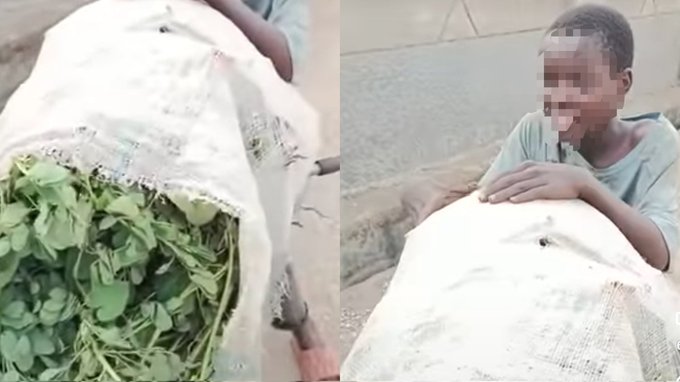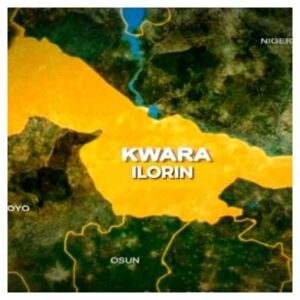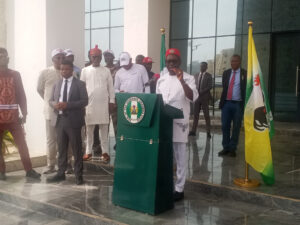In a deeply troubling video that has recently surfaced online, a teenage boy from Barnawa community in Kaduna State, Nigeria, has revealed the extreme measures his family is taking to survive amidst the country’s ongoing economic crisis. The footage, which has captured widespread attention and sympathy, shows the boy, estimated to be between 12 and 16 years old, laboriously carrying a sack of grass that is typically used as feed for livestock.
The stark reality depicted in the video is a chilling reminder of the severe poverty affecting many families in Nigeria. According to the boy, his family has been forced to substitute regular meals, such as spaghetti and rice, with grass due to their inability to afford basic staples. This drastic shift in their diet highlights the desperate and dire circumstances faced by his household.
In his emotional testimony, the boy describes how the economic hardships have led them to this point of consuming grass. He explains that the lack of financial resources has made it impossible for them to purchase essential food items, leaving them with no other choice. His words paint a picture of a family struggling to make ends meet, facing hunger and deprivation on a daily basis.
The video concludes with the boy making a heartfelt plea for government intervention. His call for help underscores the urgent need for support and assistance for those in similar situations. The heartbreaking visuals and his sincere request for aid serve as a powerful reminder of the human cost of economic instability.
The boy who spoke in Hausa language explained, “We prepare the grass with Maggi (seasoning cube) and groundnut cake (known as Kulikuli). It can be eaten alone or with these ingredients.”
“We need palliative measures to help us and others survive Nigeria’s harsh economy.”
This distressing story has resonated widely, drawing attention to the broader issues of poverty and economic inequality in Nigeria. It calls for immediate action and support to address the needs of those suffering from such extreme conditions. As the situation in Kaduna and other parts of Nigeria continues to evolve, the hope is that stories like this will prompt meaningful change and bring relief to those in dire need.







